Avoca’s Children, 2009: Avoca Primary School
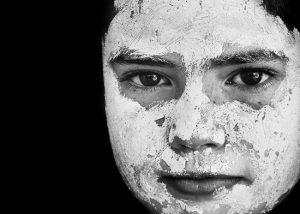
Avoca Primary School, 2009
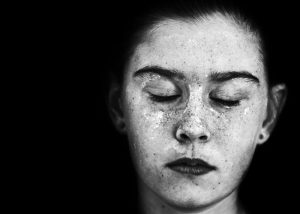
Avoca Primary School, 2009

Avoca Primary School, 2009

Avoca Primary School, 2009
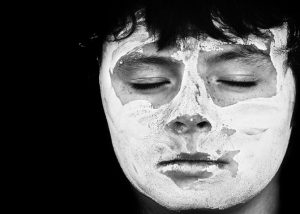
Avoca Primary School, 2009
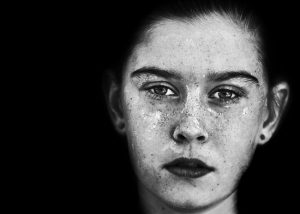
Avoca Primary School, 2009
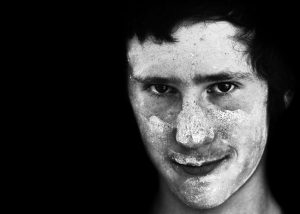
Avoca Primary School, 2009
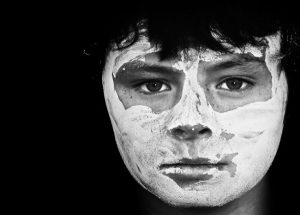
Avoca Primary School, 2009
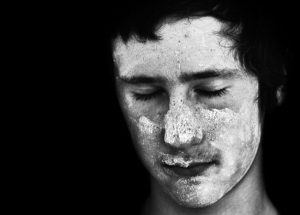
Avoca Primary School, 2009

Avoca Primary School, 2009
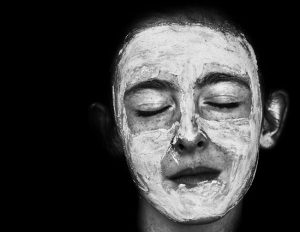
Avoca Primary School, 2009

Avoca Primary School, 2009
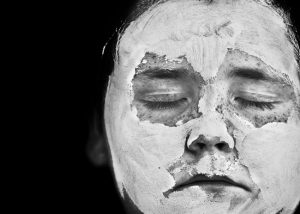
Avoca Primary School, 2009
Jill Orr
2 - 11 Jun 2009
Avoca’s children: the class of 2009.
Jill Orr’s photographs of children from Avoca Primary School are participatory performances, scripted for the camera. Each individual child was masked up with white clay and asked to pose with their eyes shut and then with their eyes open. The clay gives the group a ritualised quality, as if each were part of a much larger event.
White faces loom up out of a dark ground, described by Orr as a void. On the surface these portraits are finely crafted, the skin of the masked face becomes one with the digital file to create a facial landscape. The materiality of the face and the photographic file are exposed for the viewer. Titling the series ‘vision’ Orr ventures into a ‘haptic visuality’ where “vision itself can be tactile, as though one were touching a film with one’s eyes”.[1]
Having the eyes alternating between closed and open evokes numerous metaphors for the viewer. Although the phrase ‘the eyes are the windows to the soul’ has been used in vernacular language for centuries, the orgins of the proverb have been hotly debated. Gregory Y. Titelmann presents the most thorough etymology. He says the saying: ‘eyes are the mirror/s of the soul’ can be traced back to Cicero (106-43 BC) who is quoted as saying ‘Ut imago est animi voltus sic indices oculi’ (the face is a picture of the mind as the eyes are its interpreter). Apparently the Latin version of the proverb is usually translated as ‘the face is the index of the mind’ and the French say ‘the eyes are the mirror of the soul’.[2]
Matthew 6:22-23 (King James Version)
The light of the body is the eye: if therefore thine eye be single, thy whole body shall be full of light.
But if thine eye be evil, thy whole body shall be full of darkness. If therefore the light that is in thee be darkness, how great is that darkness!
Although this series is a new approach for Jill Orr, since she usually performs her own photographs, in many ways it is a natural extension of her performative works. Like all of her best work, there is a dangerous edge here as children participate in their own agency.
Anne Marsh
Professor Anne Marsh is Associate Dean of Research at the Faculty of Art & Design, Monash University.
[1] See Laura U. Marks, The Skin of the Film: Intercultural Cinema, Embodiment, and the Senses, Duke University Press, Durham and London, 2000, p. xi.
[2] Random House Dictionary of Popular Proverbs and Sayings, Random House, New York, 1996.
